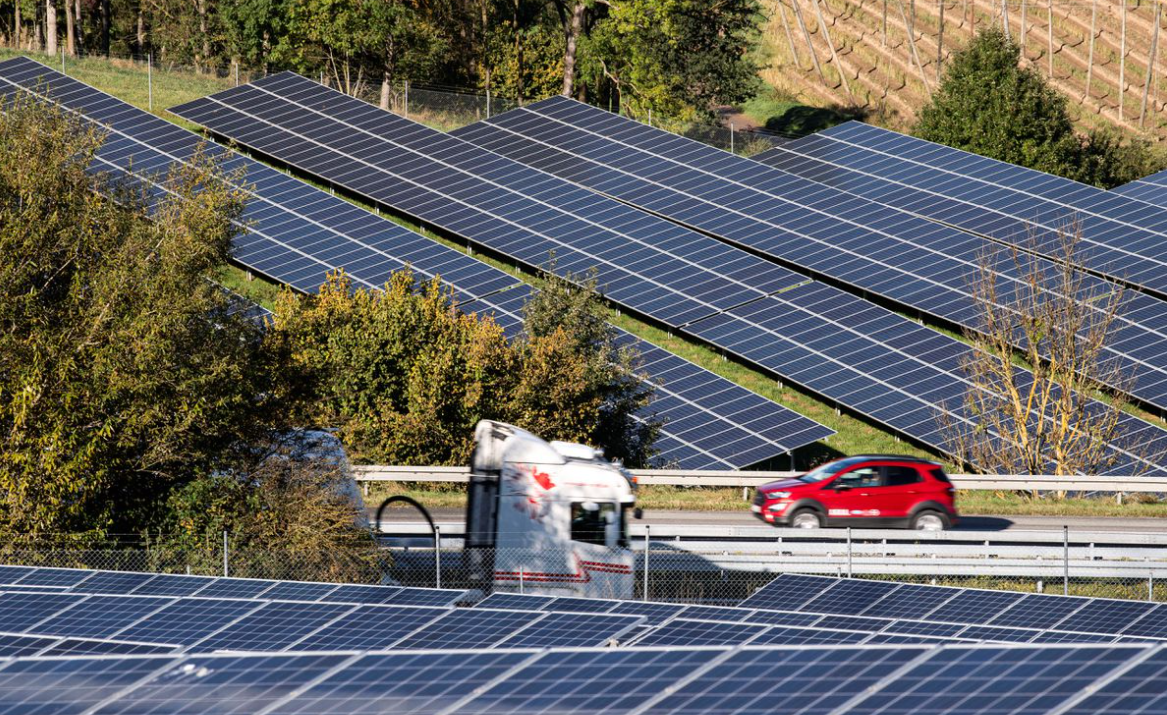Wed Aug 17, 2022
Wednesday / August 17
Fed's crypto guidance
The US Federal Reserve on Tuesday issued additional guidance for banks considering activities involving cryptocurrencies, emphasizing that firms must notify the Fed beforehand and make sure whatever they do is legally permitted.
The Fed said in a statement that while cryptocurrencies could present "potential opportunities" to banks, firms needed to make sure they had systems in place beforehand to ensure the volatile assets did not threaten safety and soundness or consumer protections.
Banks should also have adequate risk management systems and controls in place before getting involved in crypto to ensure that any endeavors were conducted in a safe and sound manner and were compliant with relevant consumer protection statutes, the Fed said.
The Fed also encouraged state member banks to alert their state regulator before getting involved in crypto activities.
Germany's energy needs
Germany plans to postpone the closure of the country’s last three nuclear power plants as it braces for a possible shortage of energy this winter after Russia throttled gas supplies to the country, said German government officials.
While temporary, the move would mark the first departure from a policy initiated in the early 2000s to phase out nuclear energy in Germany and which had over time become enshrined in political consensus.
The decision has yet to be formally adopted by German Chancellor Olaf Scholz’s cabinet and would likely require a vote in parliament. Some details are still under discussion, three senior government officials said. A cabinet decision would also need to wait on the outcome of an assessment of Germany’s energy needs that will be concluded in the coming weeks.
A German Energy Minister spokesperson denied the WSJ report but said any final decision would be reached after stress tests on the plants.
US housing market
US homebuilding fell to the lowest level in nearly 1-1/2 years in July, weighed down by higher mortgage rates and prices for construction materials, suggesting the housing market could contract further in the third quarter.
Housing starts plunged 9.6% to a seasonally adjusted annual rate of 1.446 million units last month, the lowest level since February 2021. Data for June was revised slightly higher to a rate of 1.599 million units from the previously reported 1.559 million units. Economists polled by Reuters had forecast starts would decline to a rate of 1.540 million units.
Permits for future homebuilding fell 1.3% to a rate of 1.674 million units. Single-family building permits dropped 4.3% to a rate of 928,000 units. Permits for multi-family housing projects increased 2.5% to a rate of 693,000 units.
US manufacturing
Production at US factories increased more than expected in July as output rose at motor vehicle plants and elsewhere.
Manufacturing output rebounded 0.7% last month after declining 0.4% in June, the Federal Reserve said on Tuesday. Economists polled by Reuters had forecast factory production would rise 0.2%. Output increased 3.2% compared to July 2021.
Manufacturing, which accounts for 11.9% of the U.S. economy, remains supported by strong demand for goods even as spending is gradually shifting back to services.
Production at auto plants surged 6.6% last month. Excluding motor vehicles, manufacturing rose 0.3%. Output of long-lasting manufactured consumer goods increased 3.5%, while that of nondurable consumer goods fell 0.3%.
Mining production increased 0.7%, continuing to be underpinned by oil and gas extraction. Industrial output was unchanged in June.
Wall Street
The Dow and S&P 500 rose on Tuesday as stronger-than-expected results and outlooks from Walmart and Home Depot bolstered views on the health of consumers.
The Dow Jones Industrial Average rose 239.57 points, or 0.71%, to 34,152, the S&P500 gained 8.06 points, or 0.19%, to 4,305. The Nasdaq Composite dropped 25.50 points, or 0.19%, to 13,102.
